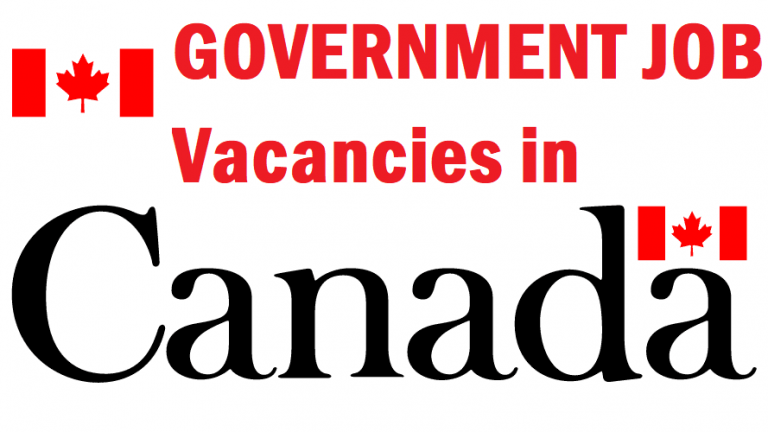The cost of living in Canada varies depending on the city and region, but generally it is considered to be high, especially in larger cities like Toronto and Vancouver. Some common expenses include housing, food, transportation, healthcare, and taxes, which can add up quickly. On average, a single person can expect to spend around $2,000 to $3,000 CAD per month, while a family of four may need around $5,000 to $7,000 CAD per month to cover their living expenses. However, these numbers can vary greatly depending on lifestyle and personal circumstances.
Is life Worth Living in Canada?
20 Fact about Living in Canada.
- Canada is a multicultural country with a population of approximately 38 million people.
- The official languages are English and French.
- The country has a high standard of living and is consistently ranked as one of the best places to live in the world.
- Canada has a strong economy, with industries in natural resources, technology, and service sectors.
- The country is known for its stunning natural scenery, including lakes, forests, and mountains.
- Winter sports are popular in Canada, with many ski resorts and frozen lakes for ice-skating and hockey.
- Healthcare is publicly funded and is considered to be of high quality.
- The education system is highly regarded, with many top universities and colleges.
- Canada has a strong social welfare system, including unemployment insurance, pension plans, and public health insurance.
- The country is considered to be politically stable, with a parliamentary system and a constitutional monarchy.
- Canada is a vast country with a diverse geography, ranging from coastal regions to the Arctic tundra.
- The country is home to a large number of wildlife species, including bears, moose, and whales.
- Canadian cuisine is diverse and influenced by the country’s multicultural heritage, with dishes ranging from poutine to sushi.
- The Canadian arts scene is thriving, with a rich history of music, literature, and visual arts.
- The country is known for its friendly people and relaxed, laid-back lifestyle.
- Canada has a strong outdoor recreation culture, with opportunities for activities such as hiking, camping, and fishing.
- The country has a strong commitment to environmental protection and sustainability, with large areas of land protected as national parks and wildlife reserves.
- Canada has a thriving technology sector, with many innovative startups and established tech companies based in the country.
- The country is home to a large number of lakes, with the Great Lakes being one of the largest freshwater systems in the world.
- Canada has a strong international presence and is known for its peacekeeping efforts and active involvement in global affairs.
How is life for Nigerians in Canada?
Life for Nigerians in Canada varies depending on individual experiences and circumstances. Some Nigerian immigrants have had successful integration into Canadian society, finding good jobs and building supportive communities. Others may face challenges such as language barriers, discrimination, and cultural adjustment. However, Canada is generally known for its multicultural society and tolerance, and many Nigerians have found it to be a welcoming and inclusive country. Overall, the experience of Nigerians in Canada can be positive and fulfilling, but like any immigration experience, it comes with its own unique set of challenges and opportunities.
What is the disadvantage of living in Canada?
There are several disadvantages of living in Canada, although these may vary depending on individual circumstances and perspectives. Some common disadvantages include:
- High cost of living: Canada has a relatively high cost of living, particularly in cities such as Toronto and Vancouver. Housing costs, taxes, and daily expenses can be expensive for some residents.
- Cold weather: Parts of Canada experience extremely cold weather, which can be difficult for some people to adjust to, especially those coming from warmer climates.
- Long wait times for medical procedures: Canada has a publicly funded healthcare system, which means that wait times for medical procedures can be long.
- Cultural and linguistic barriers: For some immigrants, adapting to a new culture and language can be challenging and take time.
- Limited job opportunities: Some regions of Canada have limited job opportunities, particularly in rural areas.
These are some of the common disadvantages of living in Canada, but they may not be experienced by everyone and may be outweighed by the many advantages of living in this country.
How is life in Canada for foreigners?
Related Post: Jobs in Demand in Canada in Future 2025 – 2030
Additionally, Canada has a strong economy and a well-developed infrastructure, making it an attractive destination for many people from around the world. The country is also known for its natural beauty, with vast forests, mountains, lakes, and oceans that offer numerous outdoor recreational opportunities.
In terms of living costs, Canada is considered to be more expensive than some countries, particularly in major cities such as Toronto and Vancouver. However, the cost of living can vary greatly depending on the region and the individual’s lifestyle.
For those who are coming to Canada to study, the country offers a world-class education system with many prestigious universities and colleges. The Canadian government places a strong emphasis on education and offers various scholarships and funding opportunities for international students.
Finally, it’s important to note that while life in Canada can be very positive for many foreigners, there may also be some challenges and obstacles to overcome. For example, language barriers can be a challenge for those who do not speak English or French, the two official languages of Canada. However, with determination and a willingness to adapt, many people have successfully integrated into Canadian society and made the country their home.
Living Cost in Canada.
The cost of living in Canada varies depending on the region and city, but on average, it can be relatively high compared to other countries. Some of the expenses that contribute to the cost of living in Canada include housing, food, transportation, healthcare, and entertainment.
In general, cities such as Toronto and Vancouver have a higher cost of living compared to smaller cities and rural areas. The average monthly cost of living for a single person in Canada is estimated to be between CAD 2,000 to CAD 3,000.
It’s important to keep in mind that these estimates can vary greatly depending on an individual’s lifestyle, spending habits, and other personal factors.






